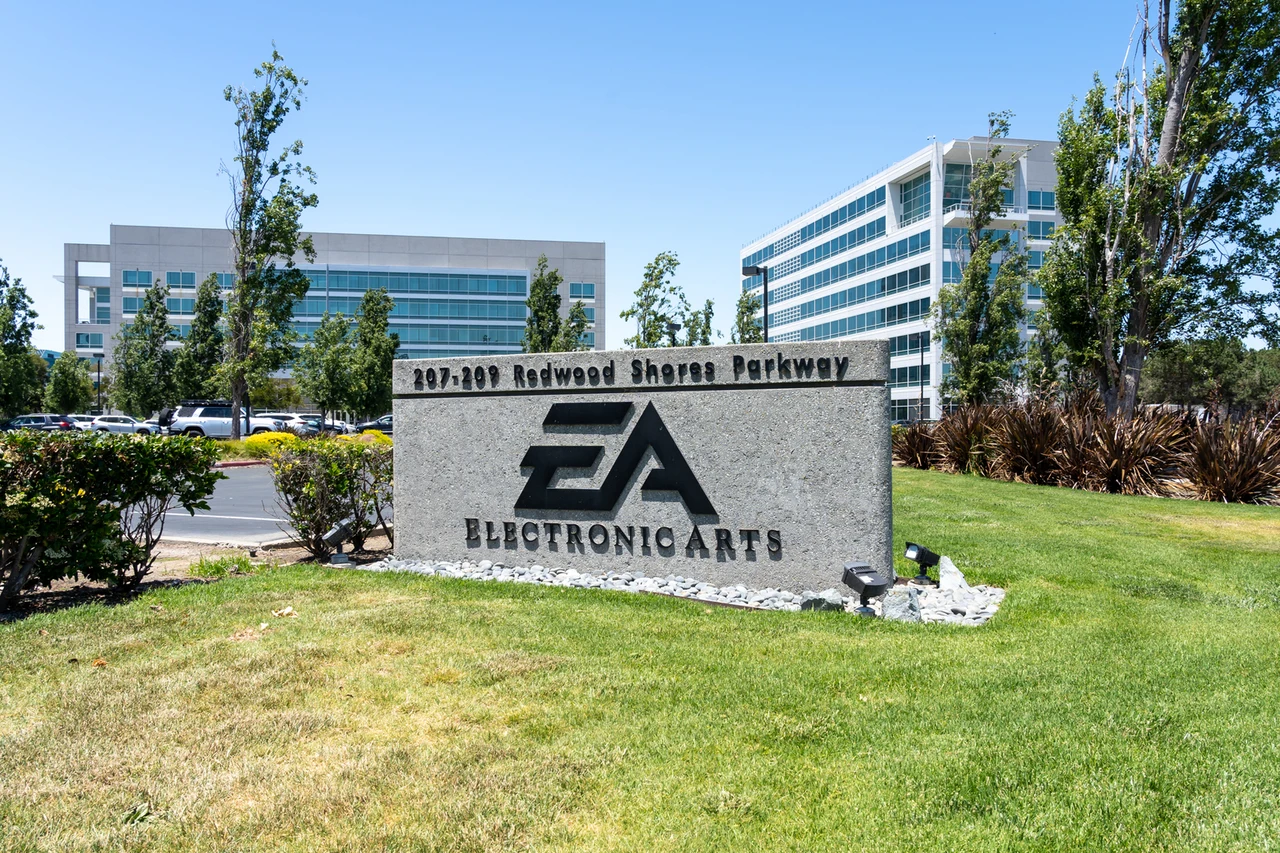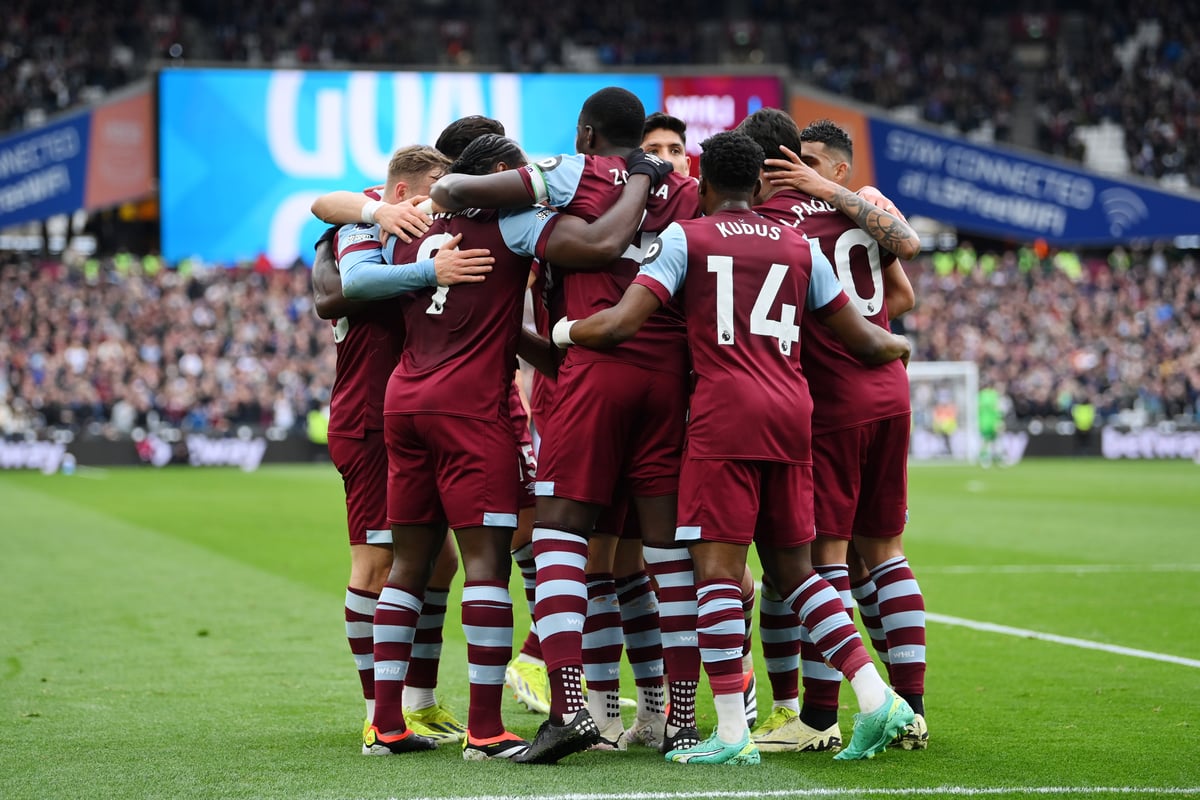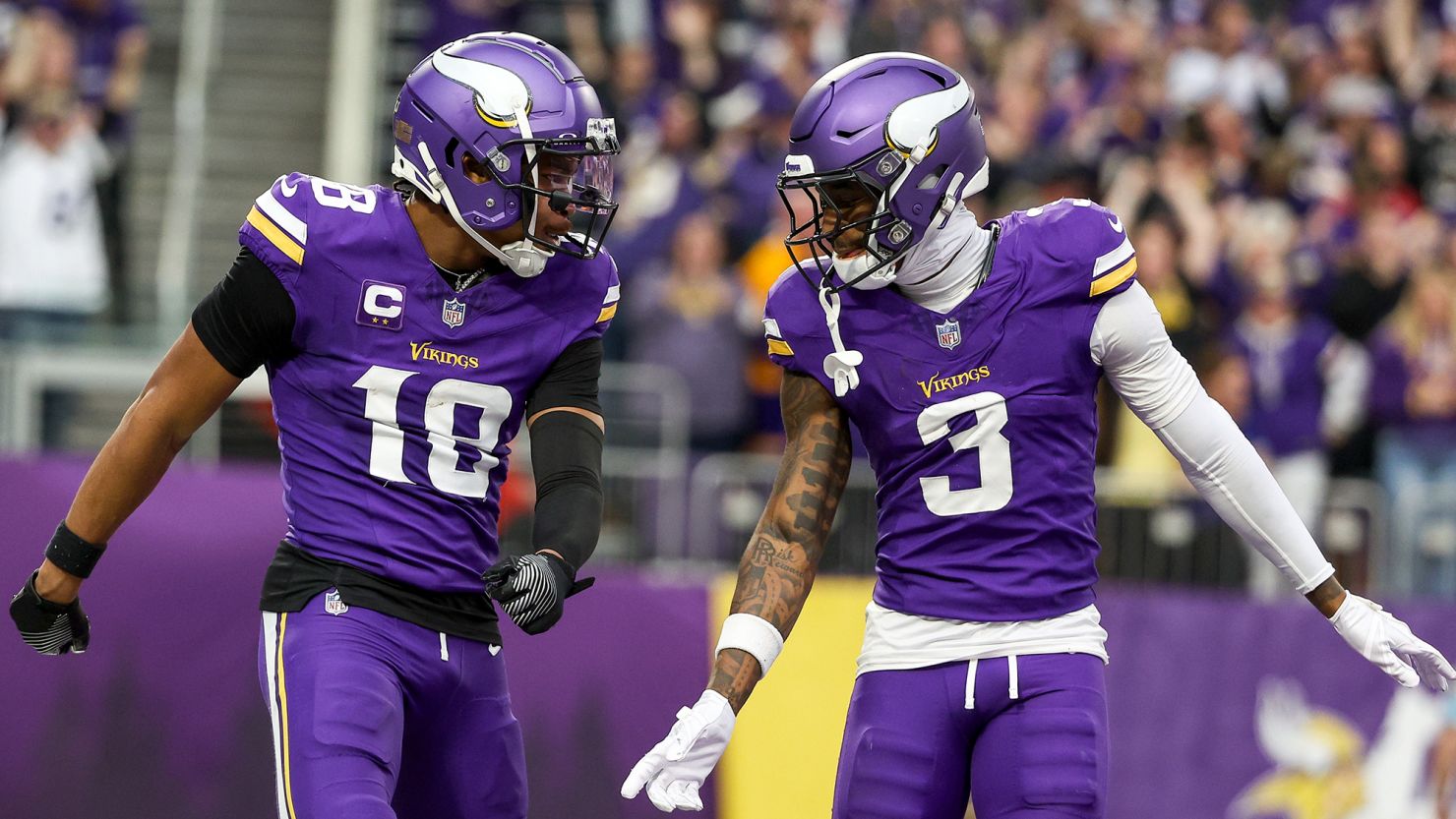Electronic Arts (EA), the video game giant behind global franchises such as The Sims, Madden NFL, and EA Sports FC, is reportedly closing in on a monumental deal that could reshape the gaming industry. According to reports, EA is in advanced talks on a leveraged buyout valued at nearly $50 billion — a transaction that would become the largest in Wall Street history.
The Investors Behind the Move
The potential deal is said to involve a heavyweight group of investors, including Saudi Arabia’s Public Investment Fund (PIF) and private equity powerhouse Silver Lake. PIF has been aggressively building its gaming portfolio in recent years, acquiring stakes in the makers of Pokémon Go and Monopoly Go.
Another surprising participant is Jared Kushner’s Affinity Partners, which joins the consortium backing the bid. If finalized, the buyout would eclipse the 2007 leveraged buyout of TXU Energy for $45 billion, setting a new benchmark for private transactions on Wall Street.
Why This Matters
A leveraged buyout (LBO) of this scale would not only transform EA’s ownership structure but also accelerate the consolidation trend in global gaming. In recent years, major players such as Activision Blizzard (acquired by Microsoft) and Zynga (acquired by Take-Two) have been absorbed into larger ecosystems, leaving fewer standalone publicly listed video game publishers.
EA going private could reduce quarterly market scrutiny and allow the company to focus on long-term product innovation, IP expansion, and infrastructure investment. However, the debt-heavy nature of an LBO raises questions about how much flexibility EA will have to weather cyclical downturns in consumer spending.
Market Reaction
Following the news, EA shares surged 15% on Friday, lifting the company’s stock gains for the year to 32%. Investors appear confident that EA’s pipeline — particularly the highly anticipated release of Battlefield 6 — will sustain strong revenue growth despite a challenging macroeconomic backdrop.
The Bigger Picture for Gaming
For an industry already undergoing rapid transformation, this deal could prove historic. If completed, it would:
- Shrink the pool of public gaming companies, limiting transparency but potentially boosting strategic agility.
- Concentrate power among mega-investors like sovereign wealth funds and private equity firms.
- Signal confidence in gaming’s long-term growth, even amid short-term volatility in consumer demand.
What’s Next
An announcement could come as soon as next week, pending final agreements. Should it proceed, the deal will stand as a watershed moment in both financial and gaming history — redefining how capital, technology, and culture intersect in the $200 billion gaming industry.
Don’t Just Watch Sport, Understand It. Join the 365247 Newsletter for daily insights
For brands, agencies and services
IMAGE: JHVEPhoto


